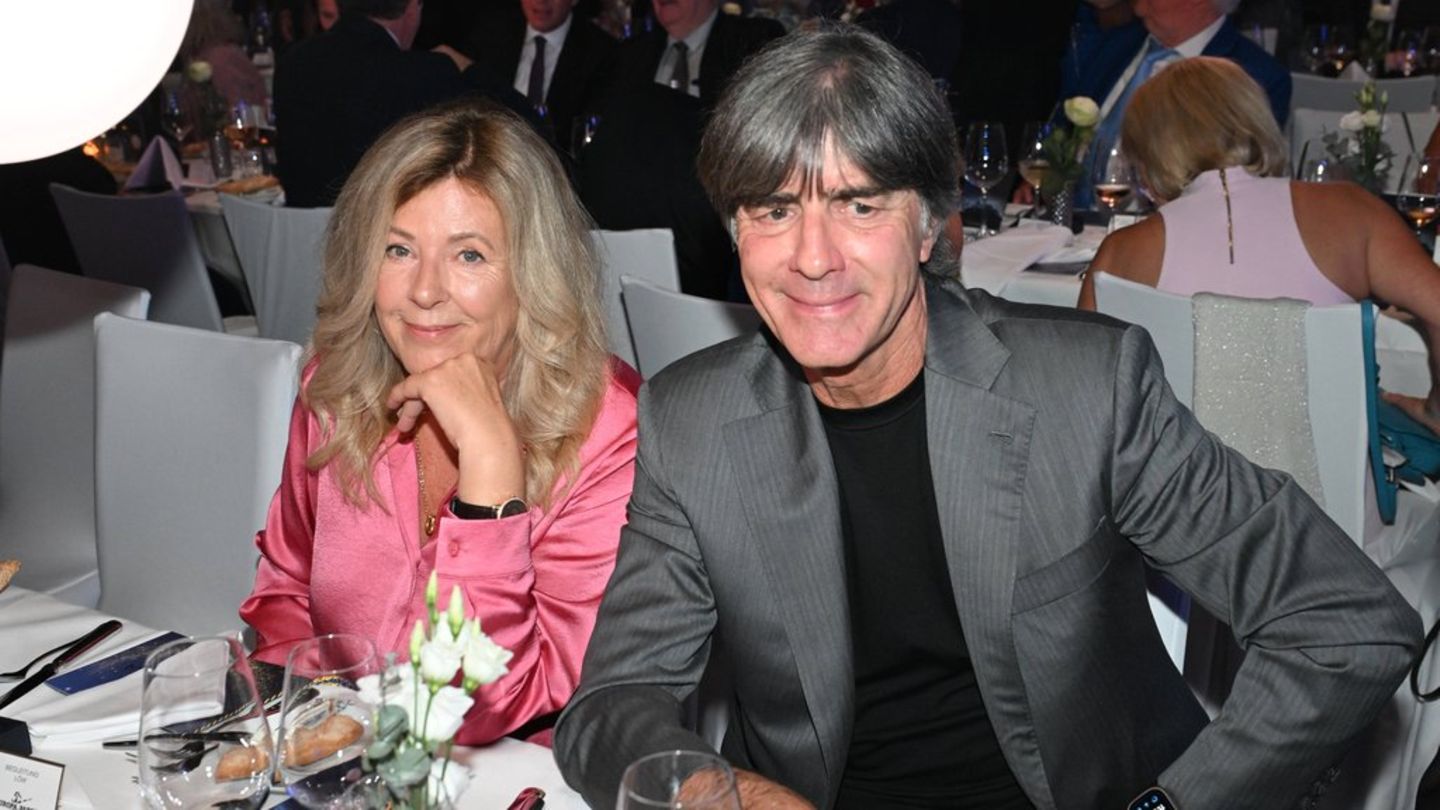There has been a dispute over the construction of a liquefied natural gas terminal on Rügen’s east coast for months. Mukran has now been incorporated into the law as a location. That seems to fuel the criticism.
Regardless of the resistance on Rügen, the federal government is pushing ahead with the legal preparations for the construction of a liquefied natural gas terminal on the island. Yesterday, the federal cabinet decided to include the port of Mukran near Sassnitz in the so-called LNG Acceleration Act, which is now being discussed in the Bundestag.
“Since there is still a corresponding need to secure the energy supply, after close exchange with the state government of Mecklenburg-Western Pomerania, Mukran, a location on the Baltic Sea coast, will be included in the law as a project location,” said the Federal Ministry of Economics after the decision of the ministerial round. The port is a designated commercial and industrial area, so that the construction measures are “more compatible to implement”.
On the island, the government decision triggered incomprehension and outrage just a few days after another meeting of local politicians with Federal Minister of Economics Robert Habeck (Greens). “The federal government is once again proving its rigid and democracy-damaging approach. It is again secretly passing facts past the citizens,” says a statement carried by Binz Mayor Karsten Schneider and Tourism Director Kai Gardeja.
There is still no plausible proof that a second terminal for liquefied natural gas (LNG) on the Baltic Sea coast is necessary at all. In the letter, Schneider and Gardeja again announce that they intend to use all legal means against the construction of the LNG terminal on Rügen: “Because the will of the residents of Rügen is completely ignored.”
Critics, especially on the island, are concerned about tourism, which is particularly important there, such as the shipping and pipeline construction associated with an LNG terminal. There are also concerns about possible consequences for the environment and criticism that unnecessary overcapacity would be created. The islanders receive support from environmental protection associations and parties from almost all directions.
Habeck emphasizes the security of supply
At the meeting at the end of last week, Habeck expressed understanding for the concerns of tourism and nature conservationists. “But in the end we have to act for Germany and the security of supply must be guaranteed,” he said, explaining the federal government’s position. In view of the renewed increase in energy requirements next winter, time is running out. “If we want to do it this year, we would have to start building in the summer,” said Habeck.
The inclusion of Mukran in the LNG Acceleration Act should pave the way for a faster approval process. The specific planning documents would have to be checked by the responsible state authorities, it said. According to current estimates, the Federal Ministry of Economics believes that the terminal can go into operation in the first quarter of 2024.
However, the state government had campaigned not to rush the inclusion of Mukran in federal law. In a joint statement by State Minister of Economics Reinhard Meyer and Minister of the Environment Till Backhaus (both SPD), it said: “The federal government wants Mukran as a location. For acceptance on site, it is crucial that you take enough time to talk and discuss the plans with those involved .”
The project also remains an issue in the Schwerin state parliament, which has already dealt with the terminal construction several times in plenums and committees. The majority of factions call for further tests.
Source: Stern




